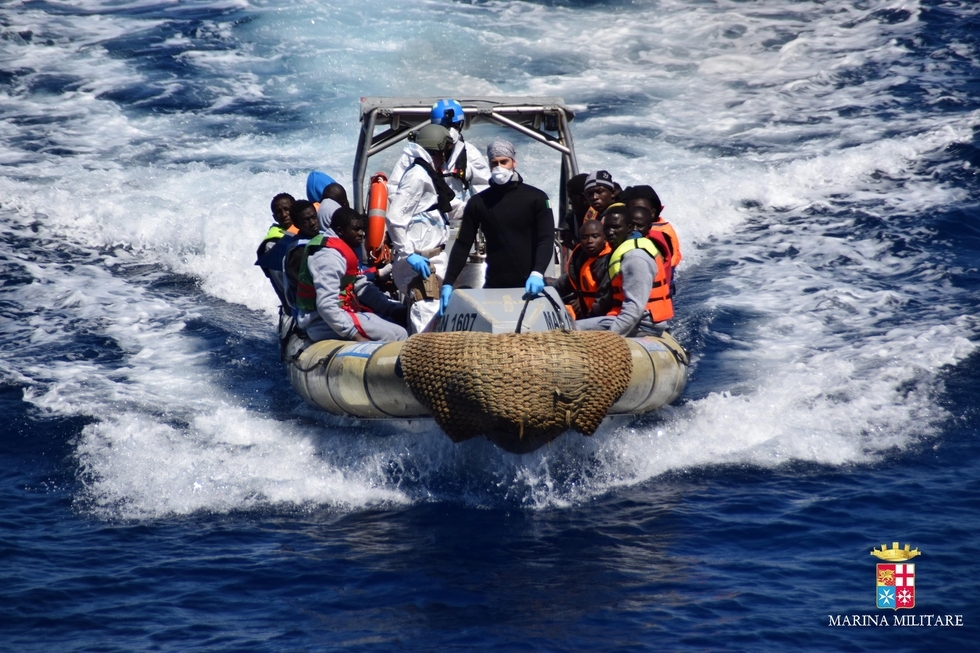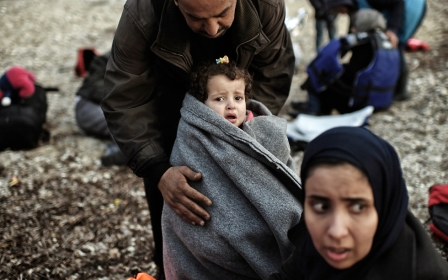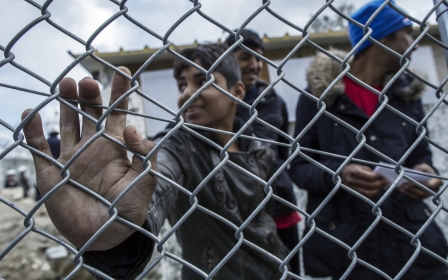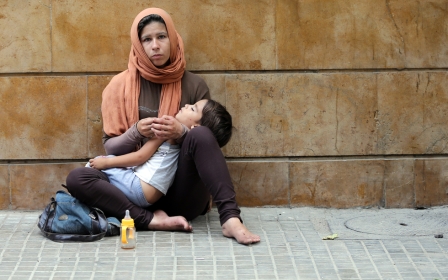Six thousand refugees reach Italy from Libya

Nearly 6,000 migrants who crossed the Mediterranean have reached Italy since Tuesday, the International Organisation for Migration said, warning that the surge in arrivals was set to continue.
A total of 6,021 migrants and refugees have made the dangerous sea crossing since Tuesday, IOM spokesman Joel Millman said, adding that all landed in Italy, excluding 174 people who reached Greece.
Millman stressed that there was no evidence yet to suggest the rise in Italy arrivals was linked to an EU-Turkey deal aimed at stemming the influx of people to Europe via the Greek islands, or the closure of the Balkans migrant route.
Some refugees have already been sent back to Turkey from Greece under the deal, which came into force at the start of April.
Migrants who spoke to IOM staff in Italy all said they had crossed from Libya.
Most travelled on rubber dinghies, with roughly 130 people packed on each, the IOM said in a statement.
"Many of them were from sub-Saharan Africa, and we have noticed an increase in numbers from the Horn of Africa, particularly Eritreans," Federico Soda, head of the IOM's Rome office, said in the statement.
"There have been very few Syrians leaving from Libya in recent months," Soda further said.
Millman noted that with weather warming at the start of the main crossing season, Italy would likely see persistently high arrivals in the weeks ahead.
So far this year, more than 23,000 migrants have landed in Italy, compared to nearly 153,500 who have landed in Greece, the IOM said.
Last week, violent scenes at the Idomeni border crossing between Greece and Macedonia led to refugees being tear gassed and shot with rubber bullets, according to doctors working at the scene. Several children were among those who received head wounds, according to a medic with Doctors Without Borders.
Since then, the two countries have traded increasingly undiplomatic protests, with Greece accusing non-EU Macedonia of unacceptable tactics in its use of tear gas and Macedonia accusing Greece of inaction.
New MEE newsletter: Jerusalem Dispatch
Sign up to get the latest insights and analysis on Israel-Palestine, alongside Turkey Unpacked and other MEE newsletters
Middle East Eye delivers independent and unrivalled coverage and analysis of the Middle East, North Africa and beyond. To learn more about republishing this content and the associated fees, please fill out this form. More about MEE can be found here.




